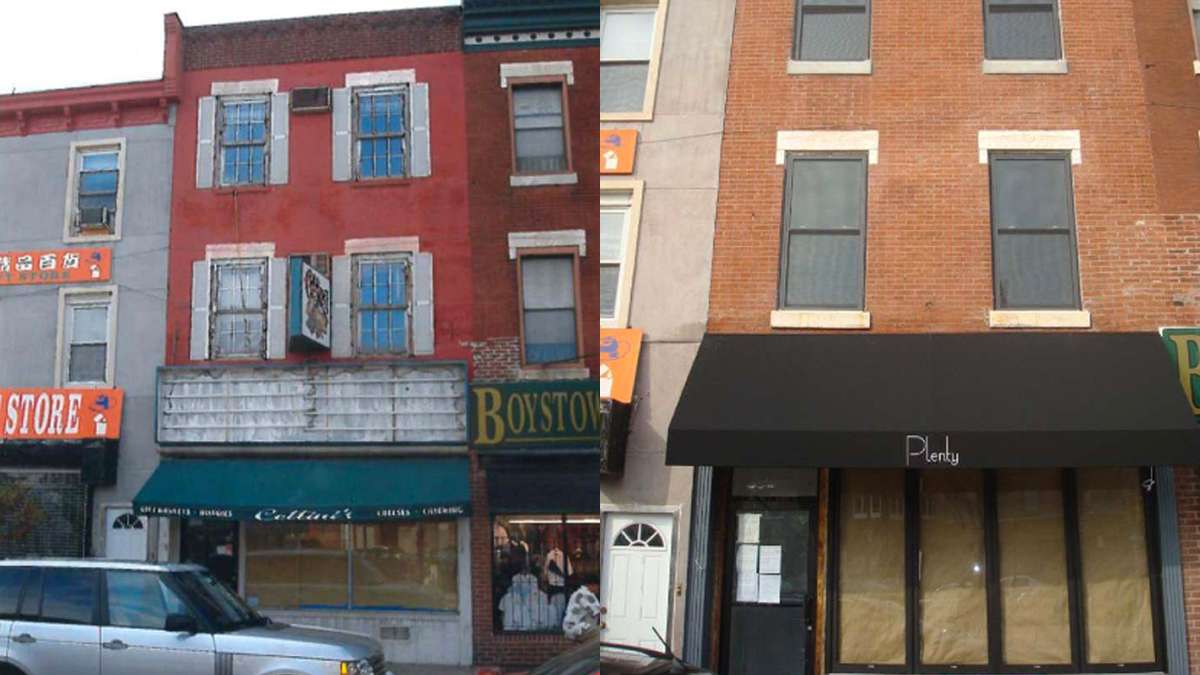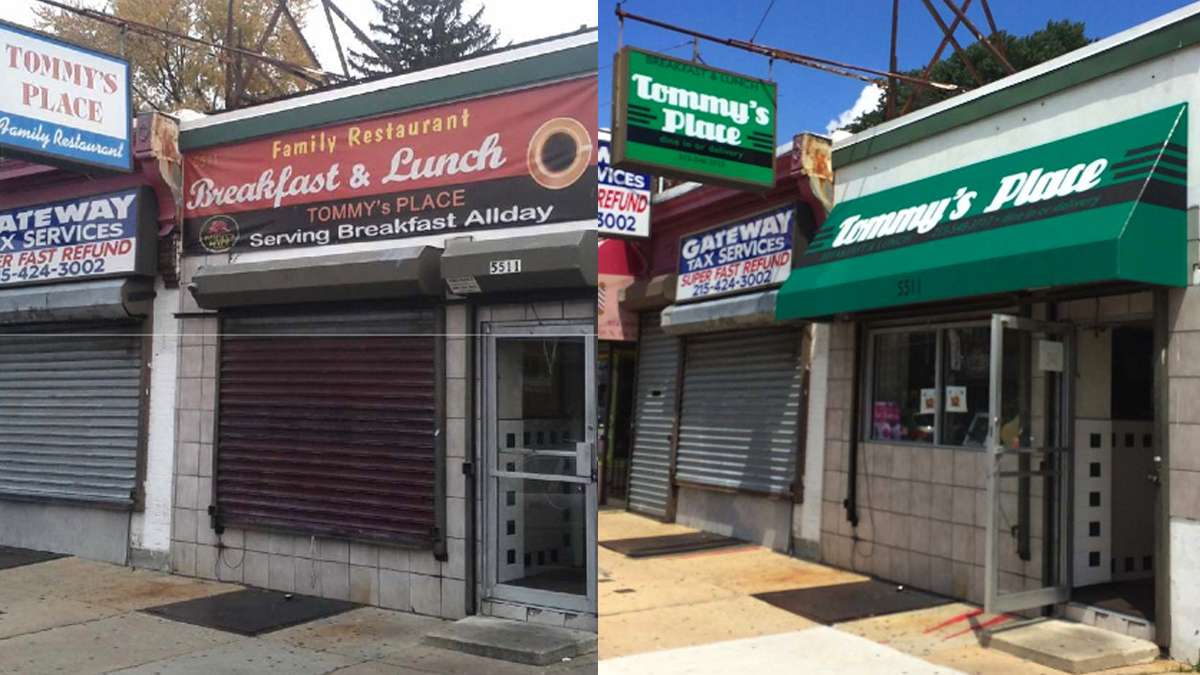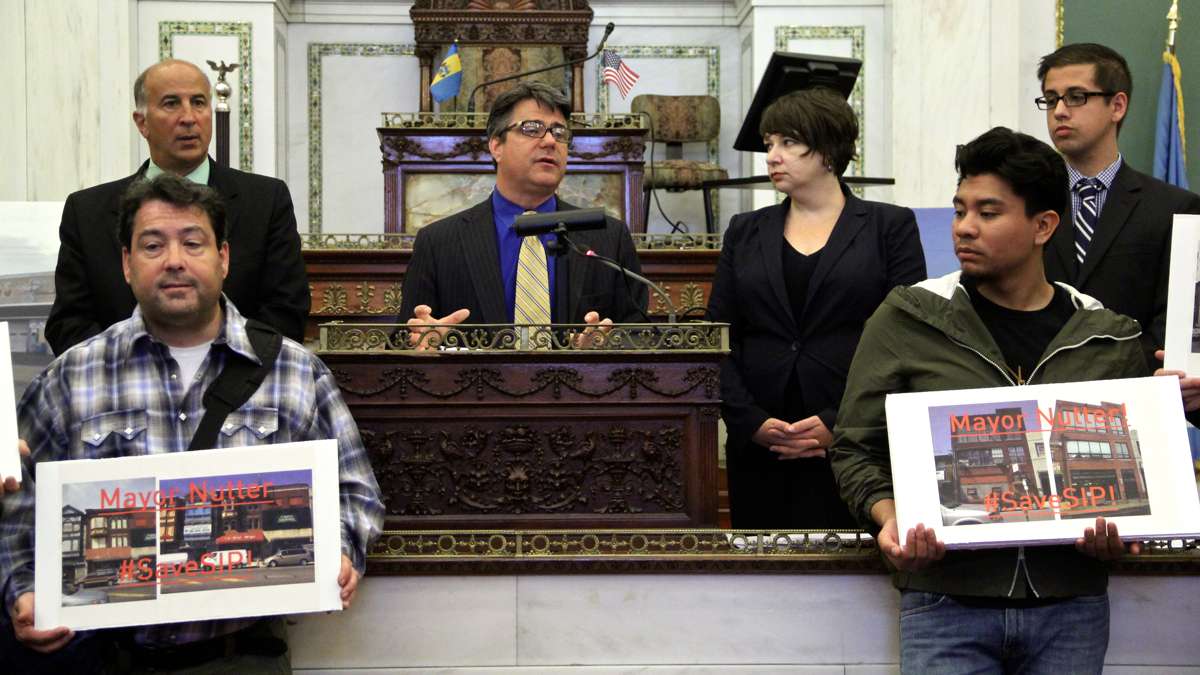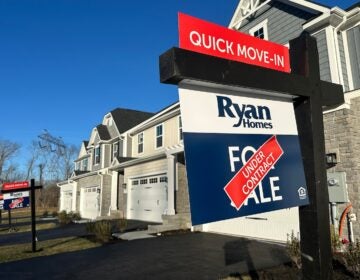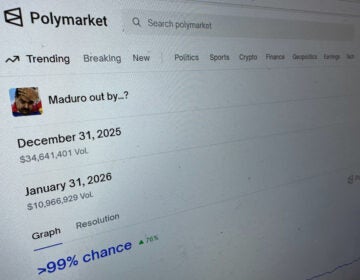Philly businesses seek city’s help in preserving Storefront Improvement Program
Philadelphia’s small businesses are calling on Mayor Michael Nutter to help save an initiative that helps breathe life into neighborhood business districts: the Storefront Improvement Program.
New federal wage rules are driving up the cost of the program, which provides grants to help businesses spruce up storefronts. Under the new rules, programs such as SIP that rely on federal dollars must pay “prevailing” wages, which in a union city like Philadelphia can be significantly higher than private contractors’ wages.
Advocates say that the prevailing wage requirement could effectively double the cost of a storefront update, discouraging businesses and contractors alike.
“For typical storefront renovations, the grants from the city have been around $7,000 to $10,000. So these are small projects, and the contractors that are working on them are small, neighborhood contractors,” said Beth McConnell, head of the Pennsylvania Association of Community Development corporations.
“So they themselves are saying, we don’t even want to compete for these jobs anymore, because of all the complicated paperwork we have to submit to the federal government.”
McConnell was one of a handful of advocates and business owners who appeared in City Council Thursday to urge Mayor Michael Nutter to save the program by replacing the federal dollars with money from the city’s general fund — about half a million dollars in all.
About 70 businesses have signed a petition in support, she said. Also on board are Councilmen Bobby Henon and Mark Squilla, who called SIP a low-cost way to boost the appeal of neighborhood business corridors.
“These programs help the small businesses make things happen … and then it attracts other business to that corridor,” said Henon, citing successes on East Passayunk Avenue, Frankford Avenue, and South Philadelphia, “where you see a lot of the Cambodian businesses now using this.”
Requiring small businesses to pay the same wages that a big business would pay would undercut the city’s intentions for the program in the first place, said Squilla.
‘Unintended consequences’ of law emerge
“We’re pro-labor. We understand the trades, and we need to make sure that people are getting a living wage. But every law has unintended consequences,” Squilla said. “We found out it eliminated all our local contractors … And that’s not what we wanted. Sometimes there’s unintended consequences to the protections we put in place.”
If the city funds the program itself, it can follow its own living-wage policies, and not those of the federal government, said Squilla.
For business owners, the appeal of the program is simple: every little bit helps.
“We got $7,000, we put in about $40,000 — so the city got more than its match,” said Mike Scotese, who runs the Grey Lodge Pub on Frankford Avenue.
“We were thinking about it, as part of our gradual reinvestment as we actually make some money … we probably did more improvement than we would have done otherwise,” Scotese said. “It’s given us a more mature appearance. A giant window-wall that opens up — just a really good vibe.”
Scotese says his stretch of Frankford Avenue is “pretty much like any Main Street the U.S.” — stores have emptied as shoppers have gone online or to big-box stores with acres of parking. “We have a lot of underused and vacant storefronts looking for their 21st century use,” he said.
Initiating a domino effect
To survive, Scotese said his street must present a welcoming atmosphere that attracts not just customers, but permanent residents.
“More parking isn’t necessarily going to happen,” he said. “So you need more people to want to live nearby and walk. So if it’s a nicer neighborhood to live in, you’re going to keep people and keep them walking to more businesses.”
Scotese said that local residents make up a growing part of his business, and while he can’t pin a number on the impact of his storefront improvements, he believes they have helped. Officials from the Commerce Department recently told City Council that in one neighborhood, stores that improved their signs saw business improve by almost 20 percent, while stores that didn’t saw revenues fall.
“We know that it works,” said McConnell. “And that leads to more wages and revenue for the city.”
Research shows that strong corridors also lead to increased property values, she said. “The opposite is true if the corridor is full of blight,” said McConnell. “People want to live in a neighborhood where they can walk a couple blocks and buy a cup of coffee.”
McConnell said that $535,000 from the city would keep the program “level-funded,” but so far Nutter has not committed to supporting that shift in his new budget.
McConnell remains optimistic.
“This program has been a massive success under Mayor Nutter’s administration,” she said. “So we believe he sees the value in it, and we hope he’s going to be there for our small businesses.”
Nutter is taking a look
The mayor’s spokesman, Mark MacDonald, said in an email that “the storefront improvement program is a good one and Nutter administration officials are taking a close look at the ideas offered by the Council members.”
Asked if he expected labor leaders to pressure the mayor to leave the program as it is, Squilla said, “I don’t think so. They’re very smart individuals. They see the benefit of this. There will be plenty of work for all our friends in the trades to keep everybody happy.”
And McConnell said that given the city’s living wage laws, she’s not afraid that local contractors’ workers will end up on the short end of the wage stick.
“One contractor who testified [to Council] pays his guys $35 an hour now,” she said. “Under the new guidelines he has to pay them $80, $90 an hour. So they were making a really good wage before. If we fund [SIP] with local dollars, we can design a program with wage rules that are fair to our neighborhood contractors, and make the program a success.”
WHYY is your source for fact-based, in-depth journalism and information. As a nonprofit organization, we rely on financial support from readers like you. Please give today.




